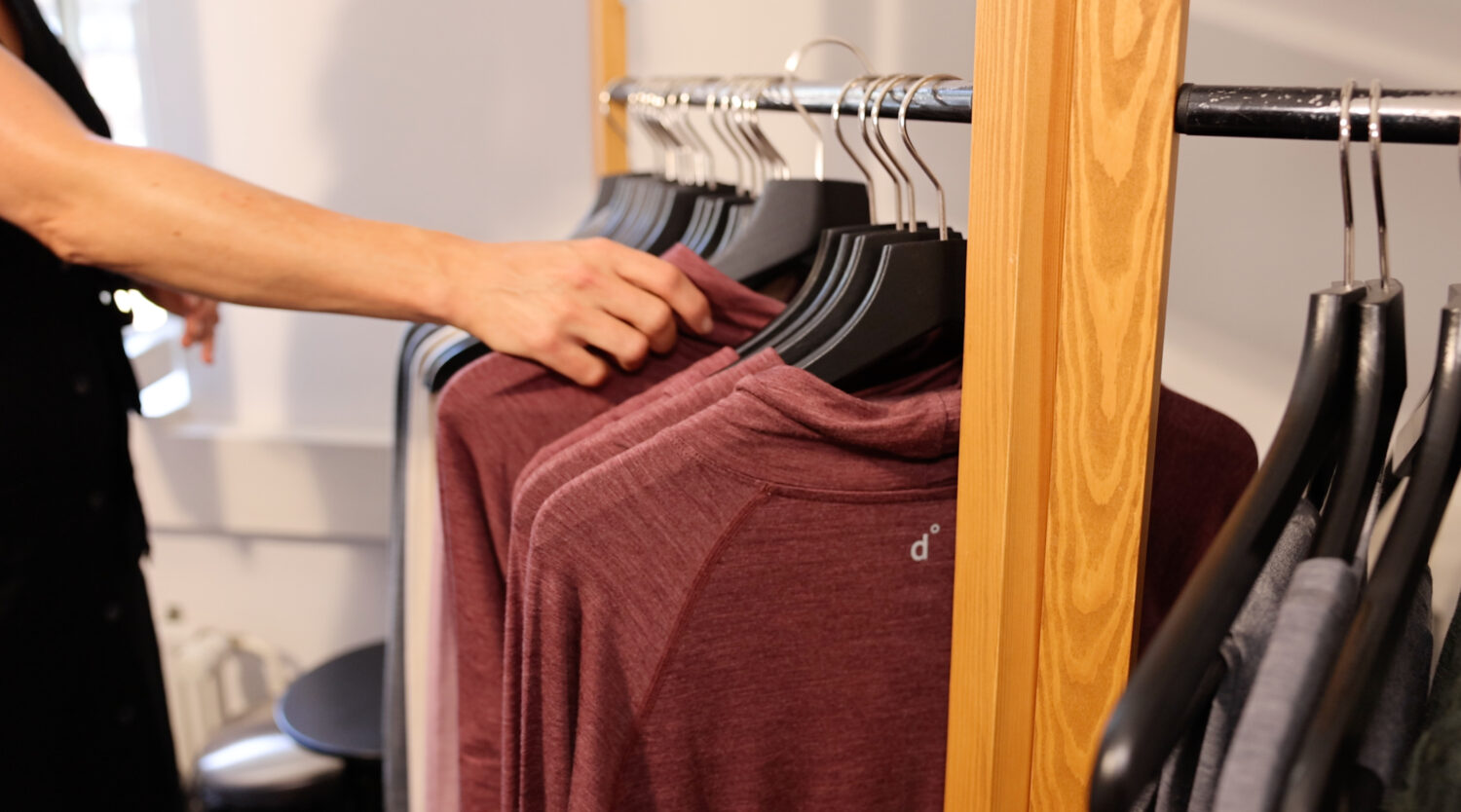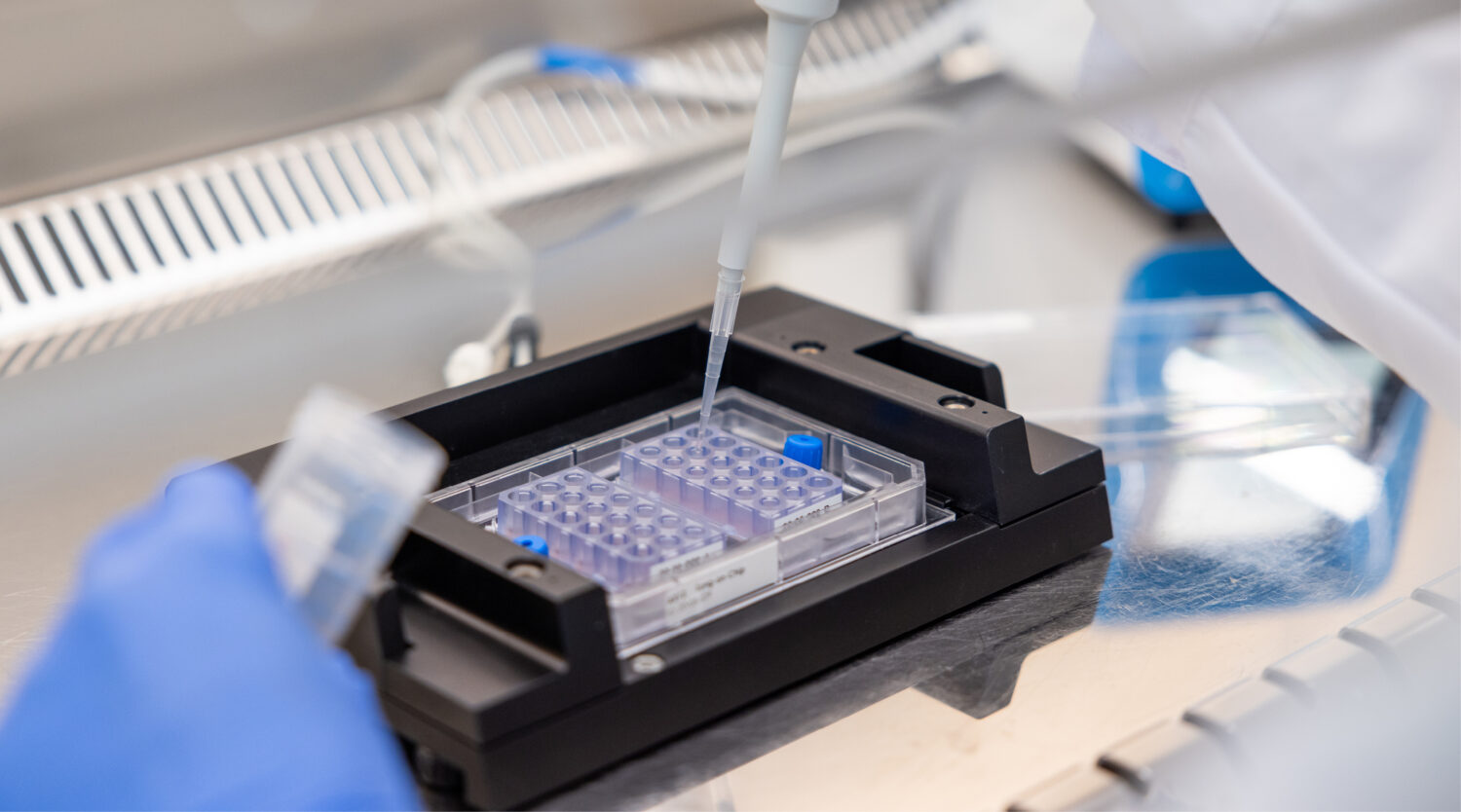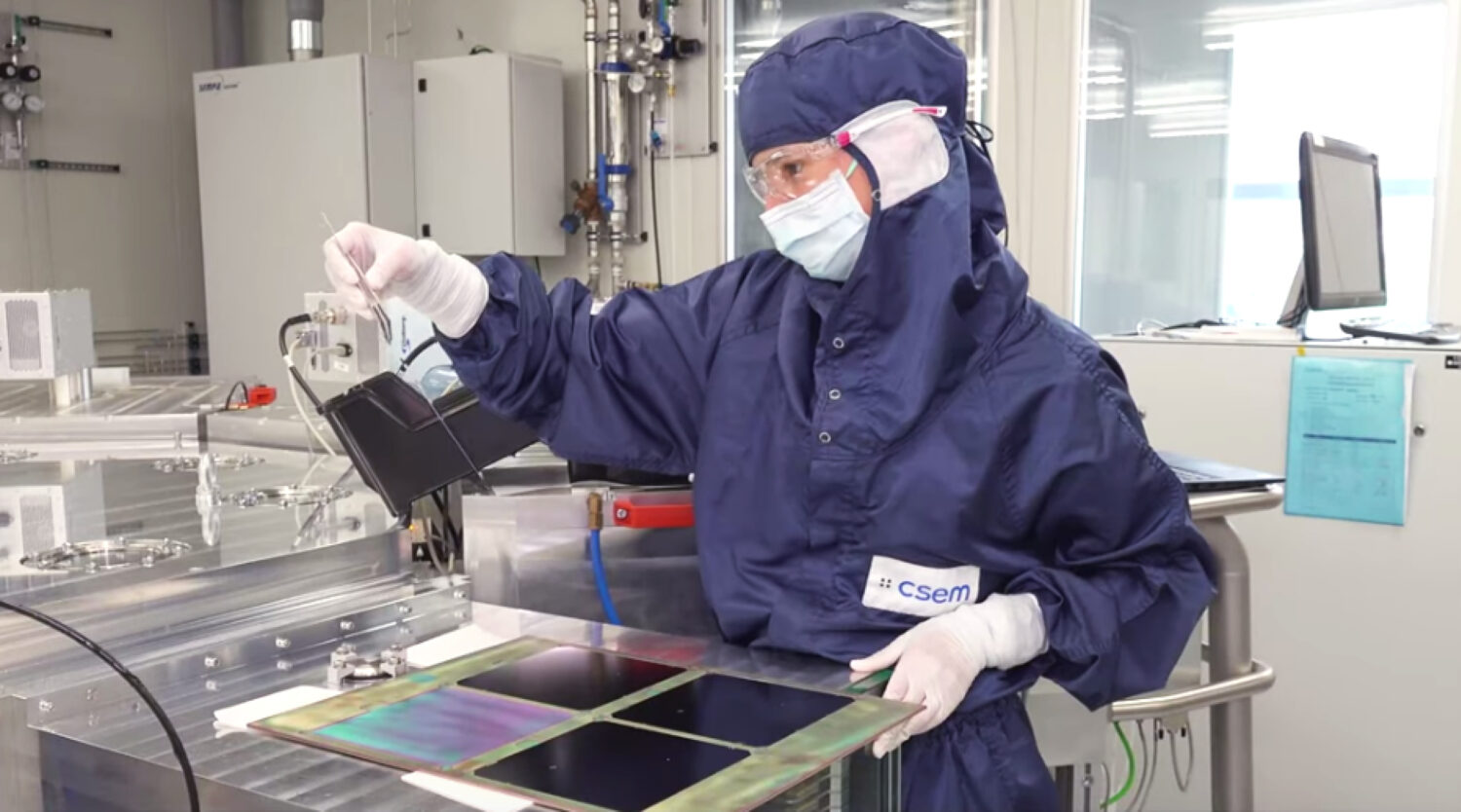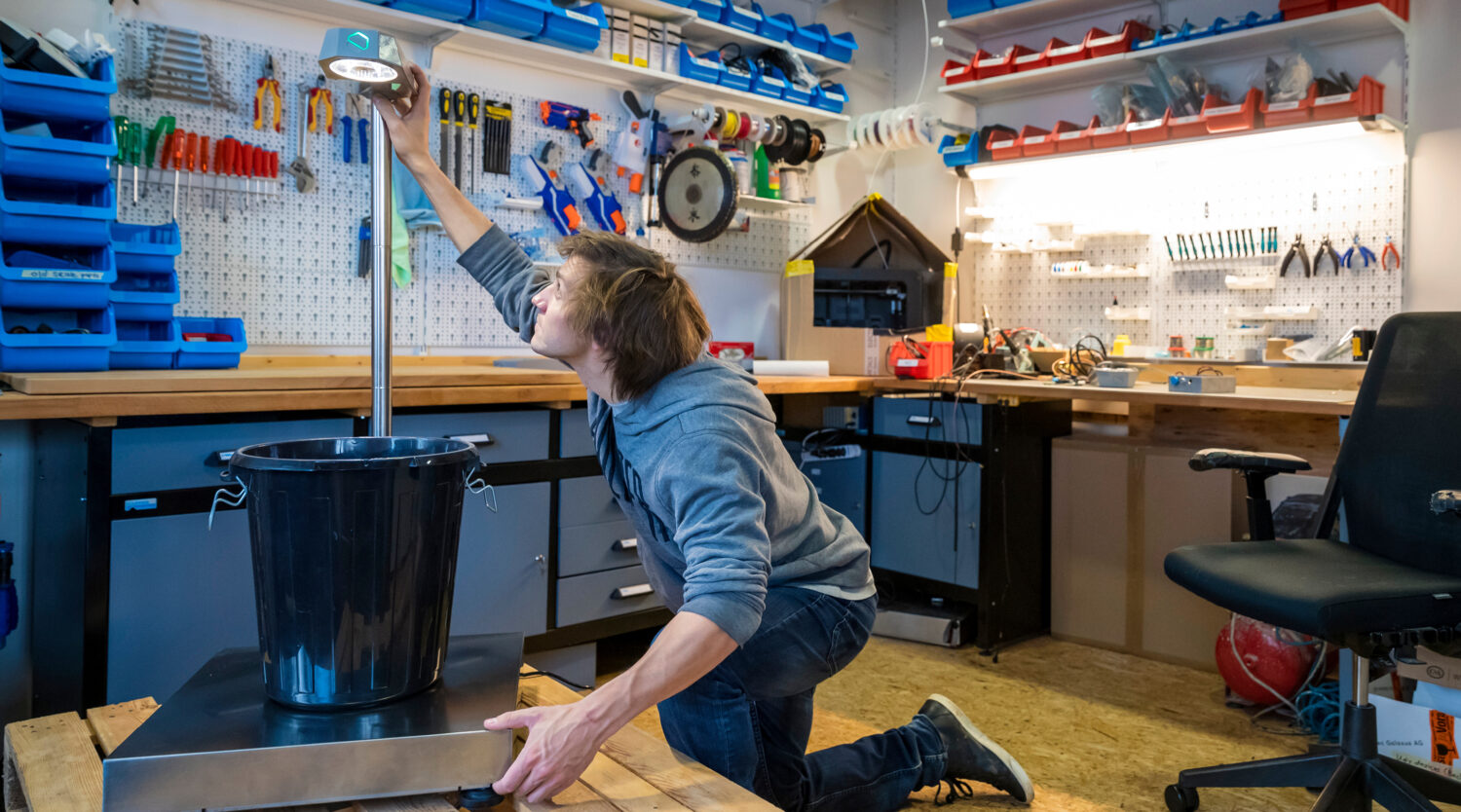
A hero against food waste
“Anastasia and I met at the Lausanne Hotel School. We weren’t very happy that so much food that was still edible was ending up in the waste bin and were keen to do something to combat food waste. In this way, the catering businesses can contribute towards reducing harmful greenhouse gases, but throwing food away also costs money.
In 2017, we founded Kitro – Innosuisse’s start-up training and coaching were very helpful in building our company. The name Kitro comes from “Kitchen Hero”.
Our device measures and analyses the waste automatically. It consists of a scale upon which the waste bin is placed and a camera that continuously records the contents of the bin. The software automatically detects the discarded leftovers and classifies them using machine-learning algorithms. The Zurich University of Applied Sciences (ZHAW) in Winterthur is helping us to develop the complex image data processing and machine learning technology for the Innosuisse project. Clients log in to an online dashboard where they can viewthe data analysed, gain insights and set goals. They can see, forexample, what is thrown away, when and to what extent. This helps them run their business more cost-effectively and more sustainably.
Our scales are manufactured in the Chinese city of Wuhan. Because production was brought to a standstill by the coronavirus, time for our project was very short. But we were able to extend our innovation project by half a year. It’s great that Innosuisse was so accommodating!
So far we have sold more than 80 units. In addition to hotels and restaurants, our customers also include universities, hospital kitchens and ski resorts. We’ll soon be expanding into Germany, France and Austria.” Naomi MacKenzie is co-founder of Kitro AG

Based on practice
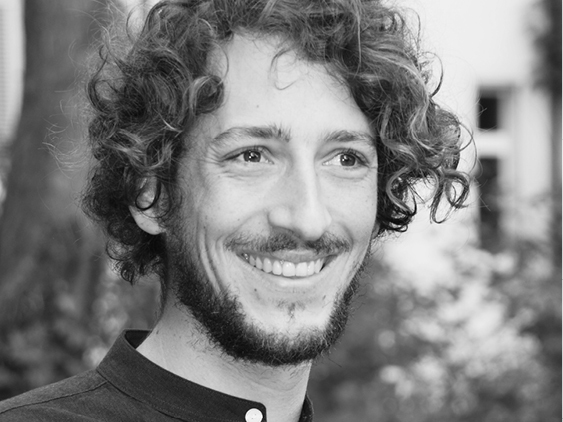
“With Kitro you can see immediately what and how much is coming back.”
Lukas Domeisen
Sector Manager Kitchen Triemli at the Waid and Triemli City Hospital
“We use two Kitro devices at our facility – one in the dishwashing kitchen, another in the production kitchen. We can see not just what is left on the plates, but also what was produced either in too great a quantity or incorrectly. We used to record our food waste by weighing the total biomass and dividing it by the number of meals. That was costly and inaccurate. With Kitro you can see immediately what and how much is coming back. The time indication is also helpful: we could see that the patients were not as hungry in the evening and adjusted the portion size. But we see the most potential in the kitchen, for example in the preparation of vegetables for the restaurant buffet, where a lot was still left over at the end of the day.”

Four tips for launching a start-up

Naomi MacKenzie & Anastasia Hofmann
founders of Kitro AG and trainers for the Innosuisse start-up training Business Creation, Module 3
1. Gather the right people around you
They say you shouldn’t start your start-up with your best friend. But for us it was the best decision we could have made. It doesn’t have to be your best friend, but it’s important to team up with someone you trust, who you want to be around every day, and who believes in what you’re doing together, just like you do. The same applies when recruiting other employees: they do not need to have all the skills you want at once, but they do need to believe in the common vision and have the necessary talent.
2. Seize opportunities and learn all the time
Don’t be afraid to ask questions and open as many doors as you can. This includes having the courage to ask for help. The Swiss start-up ecosystem is teeming with experienced people and great programmes that can help you with your venture. We have received a lot of support, especially from Innosuisse. As trainers for the start-up training, we can now give something back. In our courses, we not only teach other founders; we also learn a lot from them.
3. Talk to your customers
Don’t develop the product you think your customers want. Talk to your customers and develop the product they need and that they are prepared to pay for. That’s what we learned in start-up training module 2. I was still a student at the time and at first I didn’t understand why I had to spend a whole afternoon calling people. I wanted to finish our product and get it to market as quickly as possible. But of course, this is exactly the right approach in order to identify customer needs.
4. Believe in yourself
No matter how big the challenges are – this one thought should always be in the back of your mind: “Someone’s going to make it, so why shouldn’t it be me?”
Support by Innosuisse
- Start-up training modules 2 and 4
- Initial coaching and core coaching
- Innovation Project
- NTN Swiss Alliance supports data-intensive services (data+services)




